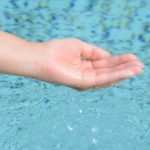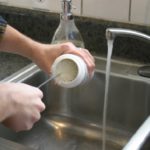Electricity and water are two daily needs. In the summer, air conditioning is costly. In the winter, electric water heaters and end-of-year storage cabinets are expensive. Therefore, the electricity and water bills are a significant part of many families’ expenses.
In the current era of high prices and a faltering economy, saving is the most effective way to reduce costs.
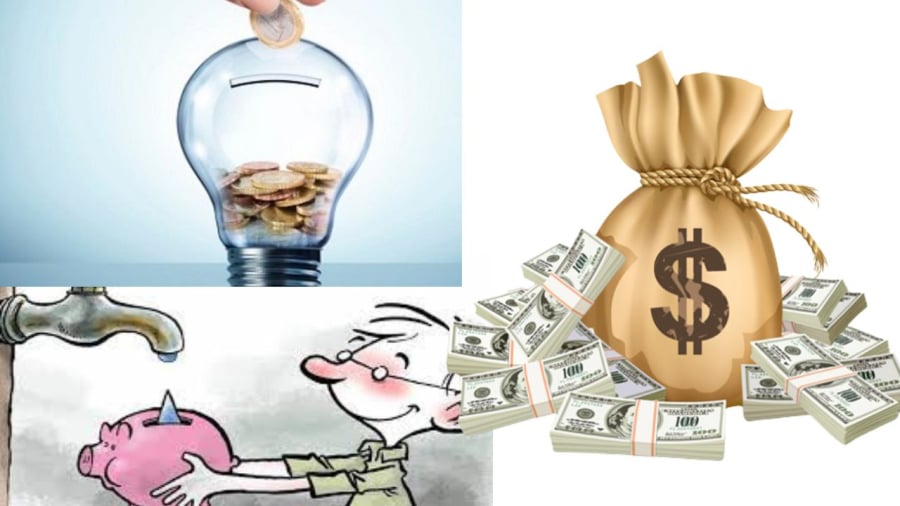
Effective electricity saving tips
Unplug when not in use: Many electrical devices consume a lot of energy even when not in use, such as when they are in standby mode with their lights on. Therefore, if you are away for a long time, remember to unplug them instead of just turning them off.
Avoid charging phones and computers overnight: Charging batteries overnight not only quickly damages the devices but also increases electricity costs. Therefore, charge your devices while you are awake and unplug them when you go to sleep.
Organize your electrical usage in the family in a sequential manner to reduce energy consumption: Plan ahead and take everything you need from the refrigerator at once to avoid opening the refrigerator multiple times, which both consumes electricity and affects the food inside. Therefore, before cooking, remember to think about what you need and take it out all at once. When using an electric water heater, turn on the water and have everyone take a shower one after another instead of each person showering for an hour, which would consume more electricity to heat the water. When cooking, pay attention to preparing everything in advance to cook more quickly and turn off the stove slightly earlier because the pot will continue to retain heat, and the food will cook well without the need to boil for too long as they retain heat very well.
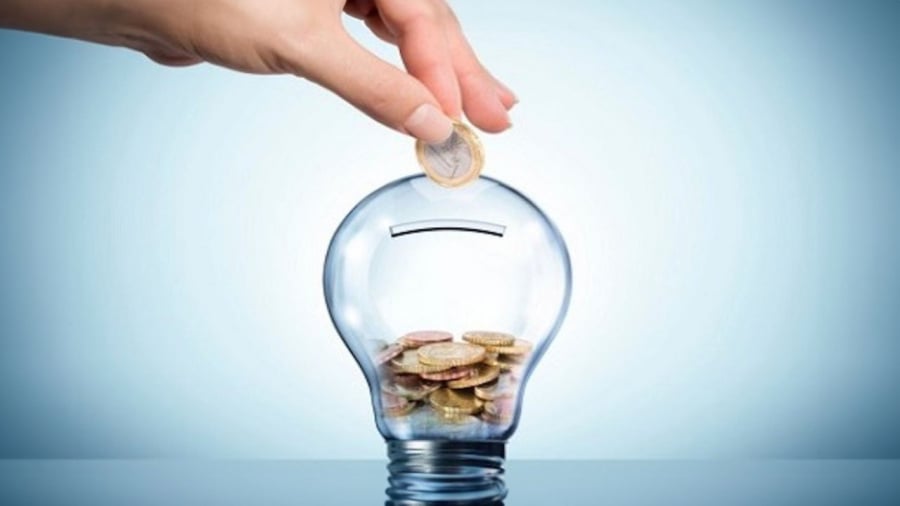
Use insulation for roofs, walls, and floors: This is an investment that may seem costly, but it benefits the future. This method helps you save energy for both winter and summer. First, check the walls of your house to choose the appropriate insulation material. Solid walls can use internal or external insulation, and if the walls are hollow, you only need to fill the gaps with insulation. Modern insulation walls usually do not require upgrades. You can also find various types of floor insulation. According to engineering calculations, 15% of the heat is lost through the ground floor, so insulate it if possible. Suspended floors can use rigid boards or spray insulation, while solid floors can use a layer of rigid insulation on top. You can also consider insulating the ground floor and roof.
Select the appropriate glass for your doors: Energy-saving windows come in various designs and frame materials. To determine their performance, check how well they insulate, allow sunlight to penetrate, and prevent air leakage.
Install energy-saving lighting systems: Energy-saving lighting systems not only help reduce electricity bills but also reduce carbon dioxide emissions while still ensuring the quality of light in your home. By replacing all the bulbs in your home with LED lights, you can reduce up to 40kg of carbon dioxide emissions (50kg according to NI) per year.
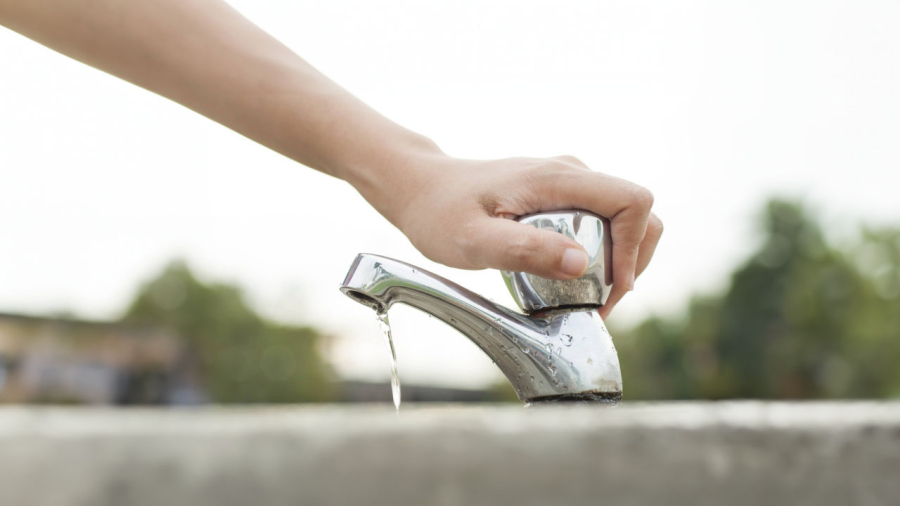
Water-saving tips for the home
To save water, you need to be mindful of your usage:
Fix leaks inside the house: Leaky faucets are also a reason for water waste and resource inefficiency. Therefore, fix them immediately when you notice any leaks.
Regularly check the water system: Regularly checking the water system, such as faucets and pipes, will ensure their proper functioning and reduce the risk of water wastage. Checking the water system regularly will help you detect leaks and malfunctions early on so that you can promptly repair and replace them.
Replace regular faucets with spray faucets: Small jet spray faucets allow you to adjust the water flow, not only providing comfort and convenience but also saving a significant amount of water compared to regular faucets.
Make use of reusable water: Instead of pouring unused water down the drain, you can use it to water plants, which is beneficial for both plants and water conservation. Use laundry water or dishwashing water to scrub the garden, significantly reducing water usage. Use air conditioning condensation water for washing and watering plants…

























